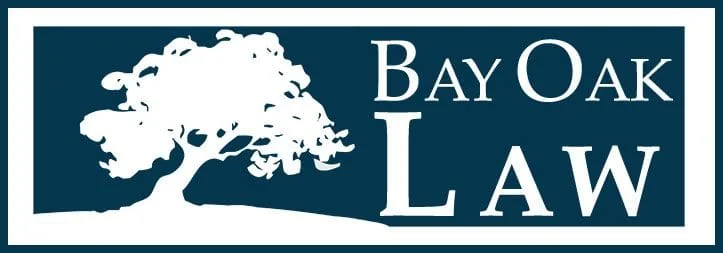- posted: Jul. 05, 2014
- Articles, High Technology Law, Business, Political, Business Law, Consumer Credit
by: Andrew K Jacobson
 Biologists assure us that scavengers are an important part of the ecosystem, because they consume the carrion so that the material can enter the food chain again. In the financial world, scavengers take the form of buyers of bad debt, but there is a difference – the carrion, regular people in difficult circumstances, are still very much alive.
Biologists assure us that scavengers are an important part of the ecosystem, because they consume the carrion so that the material can enter the food chain again. In the financial world, scavengers take the form of buyers of bad debt, but there is a difference – the carrion, regular people in difficult circumstances, are still very much alive.
The plunge from the easy money of the 2004-2008 era to The Great Recession hurt a lot of people. The easy credit of plastic morphed into a nightmare of bills and the inability to make even minimum payments. People who lost their jobs or were unable to afford finance charges that, in some cases, exceeded 20% annually, were saddled with debt that they couldn't pay back, and no one gave them a break. However, the banks that initially extended the bad debt, at worst case, were folded into healthy banks, and usually sold their bad debt at a deep discount – as low as 1%-2% of the total value – to companies that make their living suing those who can’t pay back their debt. How does someone in tough circumstances fight back against the hyenas?
Some of these hyenas are from outside of California. They freely resort to the California courts, although they do not pay the taxes to maintain them. Some of them have a hundred or more filings a year in single California counties, adding up to a thousand or more a year in the state. For example, CACH, LLC had almost 100 cases filed in Alameda County for the year prior to July 5, 2014. However, if they are out-of-state entities, they can be made to buy a bond that would pay for the defendants’ costs (which might include attorneys’ fees) if the hyenas lose – this can range in the thousands of dollars. This often is enough to dissuade the hyenas, because tying up money in a bond for the months that it might take to get a judgment can exceed the likely value of the judgment. If the plaintiff drops the case, the defendant can be awarded its court costs, including, sometimes, attorneys’ fees.
Another defense is to make sure that the plaintiff has the proper documentation for the debt. Especially for credit cards that were held for years, the original owner of the debt may have disposed of the original documentation. If the plaintiff does not have the documentation to show the defendant owes the money, the plaintiff cannot win at trial. For example, if you are being sued for a debt of your employer, then the plaintiff needs to have the agreement that you signed making you responsible for the debt.
There are some defenses that do not work. Most people know of the usury laws, which restrict interest to 10% or less. However, these do not apply to most credit card debt. First, most credit card issuers are exempt from usury laws. Second, they are charging “finance charges” – money paid for the cost of the credit being granted, and not paid back in full on time. Interest is money paid for not having to pay back the principal for a period of time. A mortgage (a loan of money over time) has interest; a credit card (which does not charge you if money is paid back in full every month) has finance charges. Claiming finance charges are usury doesn't work, and even if it did, it would only limit the interest rate to the legal maximum.
People who could not pay back their debts probably think they cannot afford a lawyer to represent them. However, a lawyer can be a very wise investment in two ways. First, lawyers can find defenses that shield you from demands that you cannot pay. Second, if those defenses are not available to you, a lawyer has the negotiating skills to lower any amount that you might have to pay – and that could include payments over time.
The Great Recession is slowly ending, and the economy is, ever so slowly, improving. Don’t allow the problems of the past consume you. Bay Oak Law offers free half-hour consultations, in person or by phone, to discuss your situation. Don’t wait until the last moment. Do not let the hyenas win without knowing your options.



